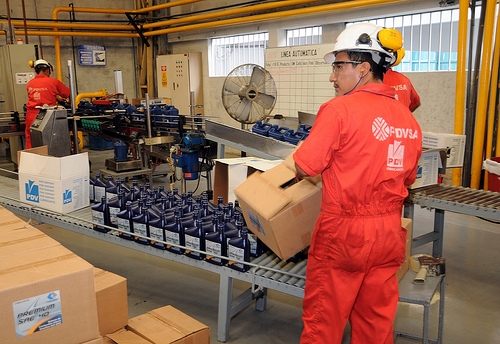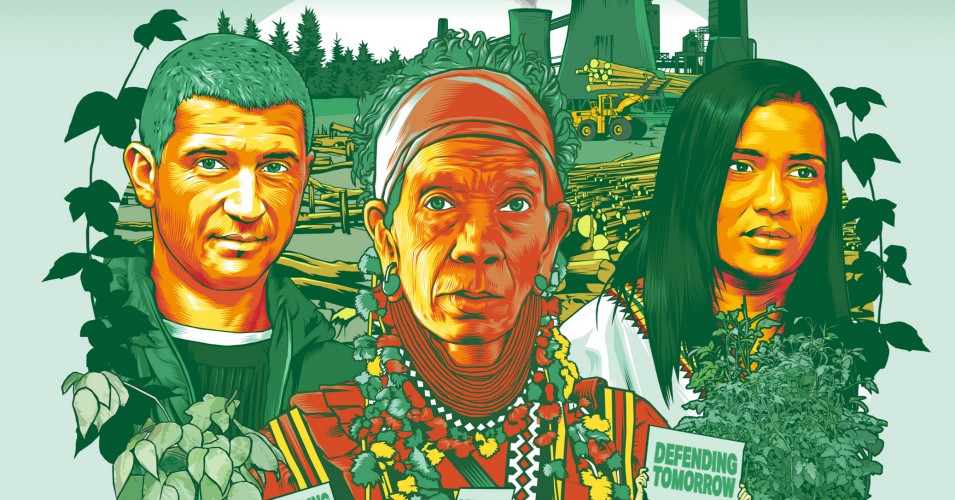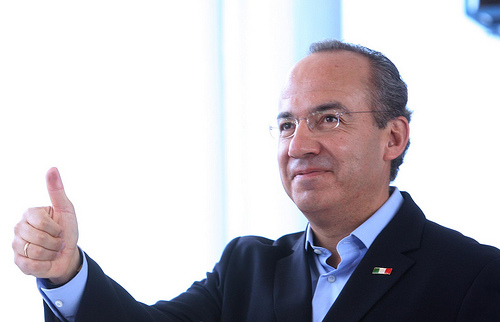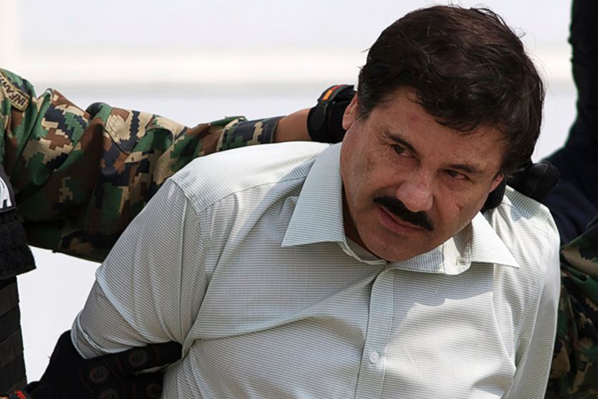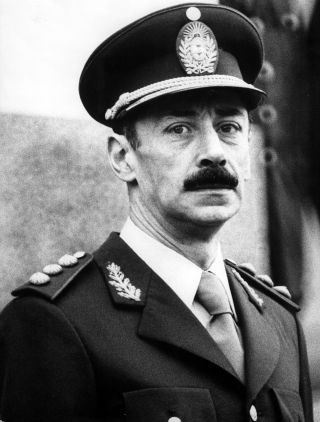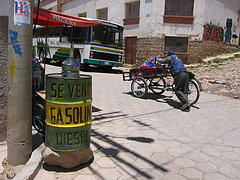
Latin America: Week in Review, Mexico
Mexican Government Admits Killing U.S. Man Joseph Proctor
December 27, 2010 By Staff
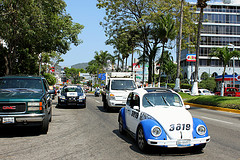
A street in the Mexican city of Acapulco.
Today in Latin America
Top Story — The Mexican government has admitted that soldiers killed a U.S. man outside the beach town of Acapulco and planted an AR-15 assault rifle on his body to cover-up the crime.
Three soldiers have been charged with killing 32-year-old New York native Joseph Proctor and two are charged with planting the assault rifle in his hands and claiming falsely that he fired first.
Proctor left his girlfriend to go to a local convenience store on the night of Aug. 22 when he was allegedly shot by the soldiers. His body was found the next day inside his crashed van where he lay with multiple bullet wounds.
His mother, Donna Proctor, did not believe the story and hassled Mexico’s secretive military justice system to correct the story. After weeks of pressure from U.S. diplomats and congressmen, the Mexican Defense Department sent a document outlining the circumstances of Joseph Proctor’s murder to her through the U.S. Embassy in Mexico City.
“I hate the fact that he died alone and in pain and in such an unjust way,” Donna Proctor, a Queens court bailiff, said in a telephone interview with the Associated Press. “I want him to be remembered as a hardworking person. He would never pick up a gun and shoot someone.”
Proctor’s killing is at least the third case this year in which soldiers have been accused of killing innocent civilians and faking evidence in cover-ups. Mexican President Felipe Calderón recently proposed a bill that would require civilian investigations in all torture, disappearance and rape cases against the military.
Headlines from the Western Hemisphere
North America
- A leaked U.S. diplomatic cable says that a top Mexican army official claims that the drug war will last between seven and 10 more years.
- Virginia lawmakers introduced numerous bills for the 2011 General Assembly that would toughen the state’s treatment of undocumented residents.
Caribbean
- Eleven Cuban dissidents remained jailed through Christmas, despite an unofficial agreement between the Castro government and the Catholic Church to release them by November.
- Haitian Prime Minister Jean Max-Bellrive criticized the international community for not allowing his country to take a larger role in the management and distribution of aid money.
- Twenty-three new cholera infections have been documented in the Dominican Republic, following an outbreak in neighboring Haiti that has killed thousands.
- Ex-president of the Dominican Republic Jorge Blanco died Sunday at 84.
- Puerto Rican officials are confused by a spike in the island’s already high asthma rates.
Central America
- Guatemala captured nearly two dozen suspected drug traffickers, automatic weapons and small planes in a country-wide sweep to crack down on Mexican cartels smuggling drugs through Central America.
- Police seized 334 kilos of cocaine that entered Nicaragua from Costa Rica and had been hidden in a shipment of candy and toys, officials said.
- Panamanian President Ricardo Martinelli on Saturday denied information from a leaked U.S. diplomatic cable suggesting he asked the United States to help install phone taps on his political opponents, but he acknowledged a request for help against criminals and organized crime figures.
Andes
- Venezuelan President Hugo Chavez says he is signing his first decree under new powers granted to him by congress to create a fund for housing reconstruction after recent floods and landslides.
- Venezuelan President Hugo Chavez on Sunday offered condolences after the death of former President Carlos Andres Perez, but also said he hopes his longtime adversary’s style of governing never again returns to the South America country.
- A commander close to Revolutionary Armed Forces of Colombia, or FARC, chief Alfonso Cano and two other guerrillas were killed in fighting, the army said.
- A Spanish-style church constructed in 1876 in the Colombian city of Manizales was destroyed by a fire on Christmas Eve, but no one was injured in the blaze, parish priest the Rev. Gilberto Lopez said.
- The Ecuadorean government is the latest in Latin American to recognize Palestine as a sovereign state.
- A coach journey by passengers heading home for family Christmas celebrations in Ecuador turned tragic when the overcrowded vehicle plunged off the road, killing at least 41, officials said.
- Riot police on horseback clashed with thousands of squatters wielding clubs and rocks, in a battle over an archaeological site near Lima that was occupied a day earlier to demand decent housing conditions.
- Bolivia has announced a sharp rise in the price of fuel, with gas and diesel going up by more than 70% . The main transport union called an indefinite strike in protest.
- An opposition party governor removed from office in the Bolivian province of Tarijo has fled the country and been granted temporary residence in Paraguay.
- Bolivia plans to invest $1.73 billion in the energy industry in 2011, focusing on gas to ensure adequate production to supply Argentina and Brazil, as well as the domestic market, the head of state-owned oil company YPFB, Carlos Villegas, said.
Southern Cone
- An 88-year old Brazilian woman woke up after being buried for two days in a coffin, when she was pronounced dead on Wednesday.
- An official of Chile’s Catholic Church has said jails in the country are like “garbage cans”, in reference to the main prison’s overcrowded conditions.
Image: prayitno @ Flickr.
